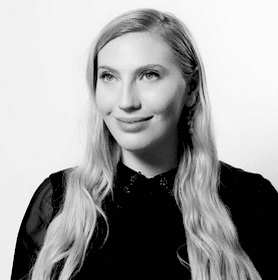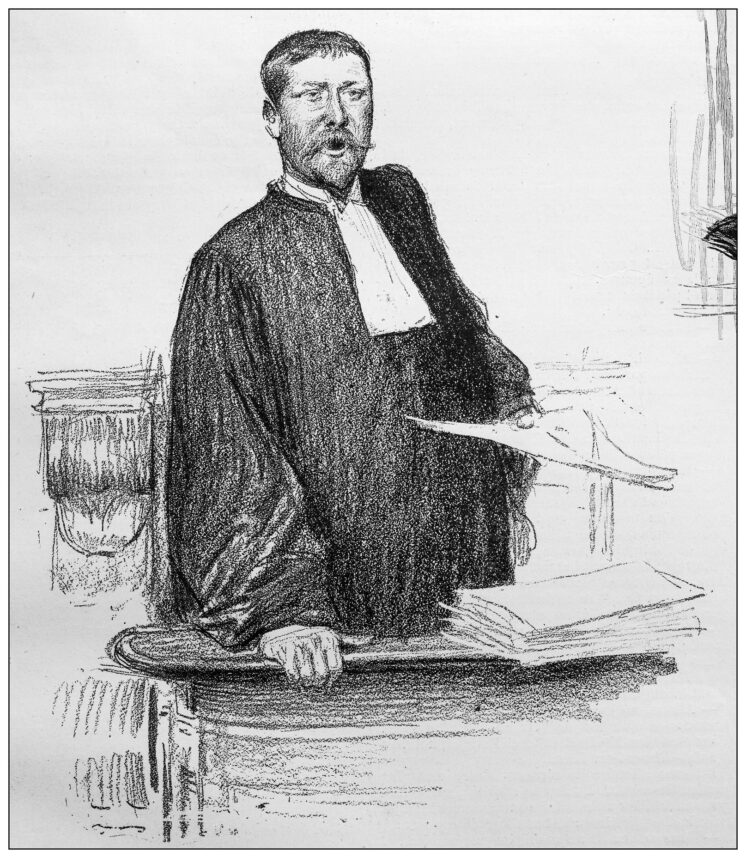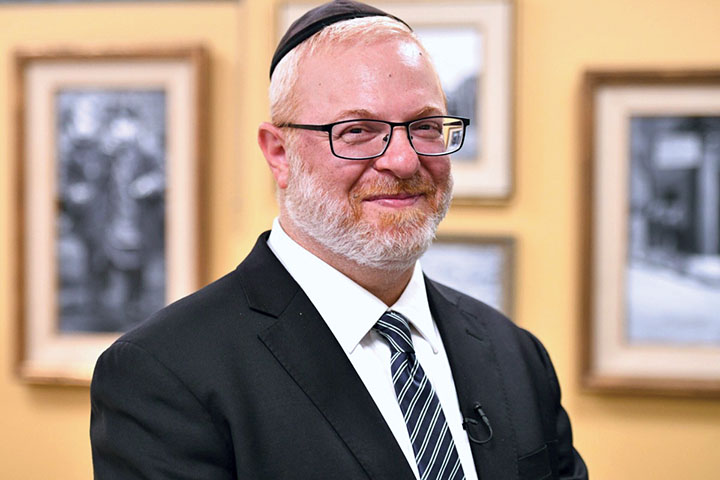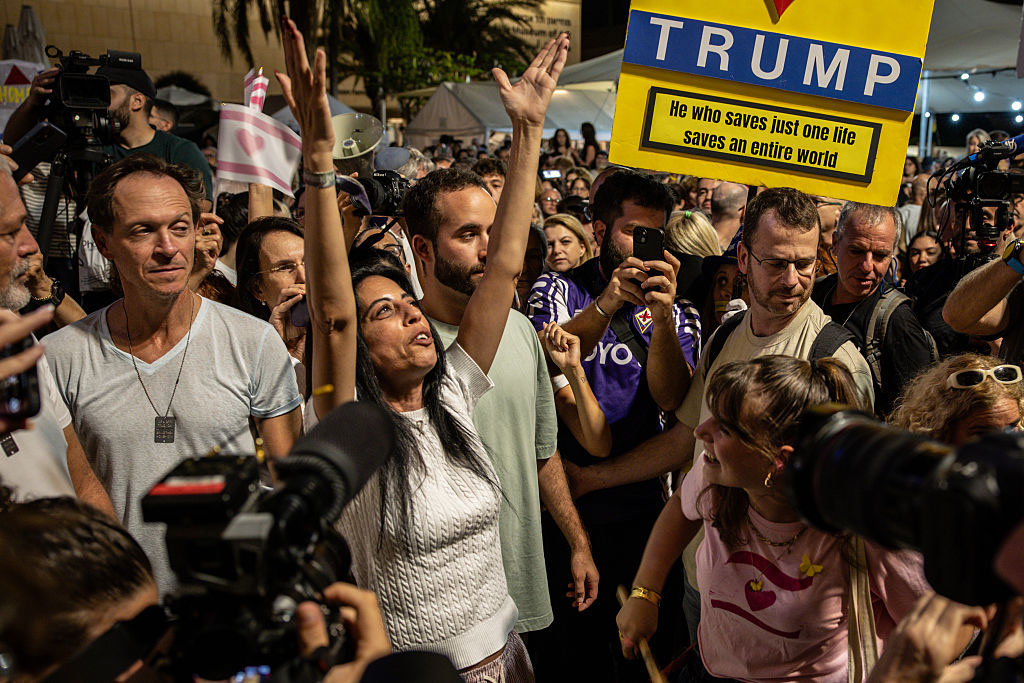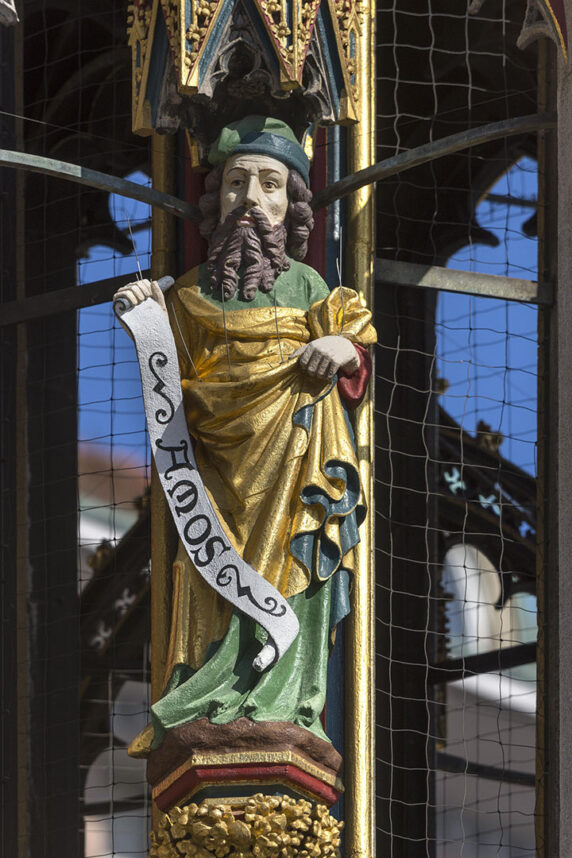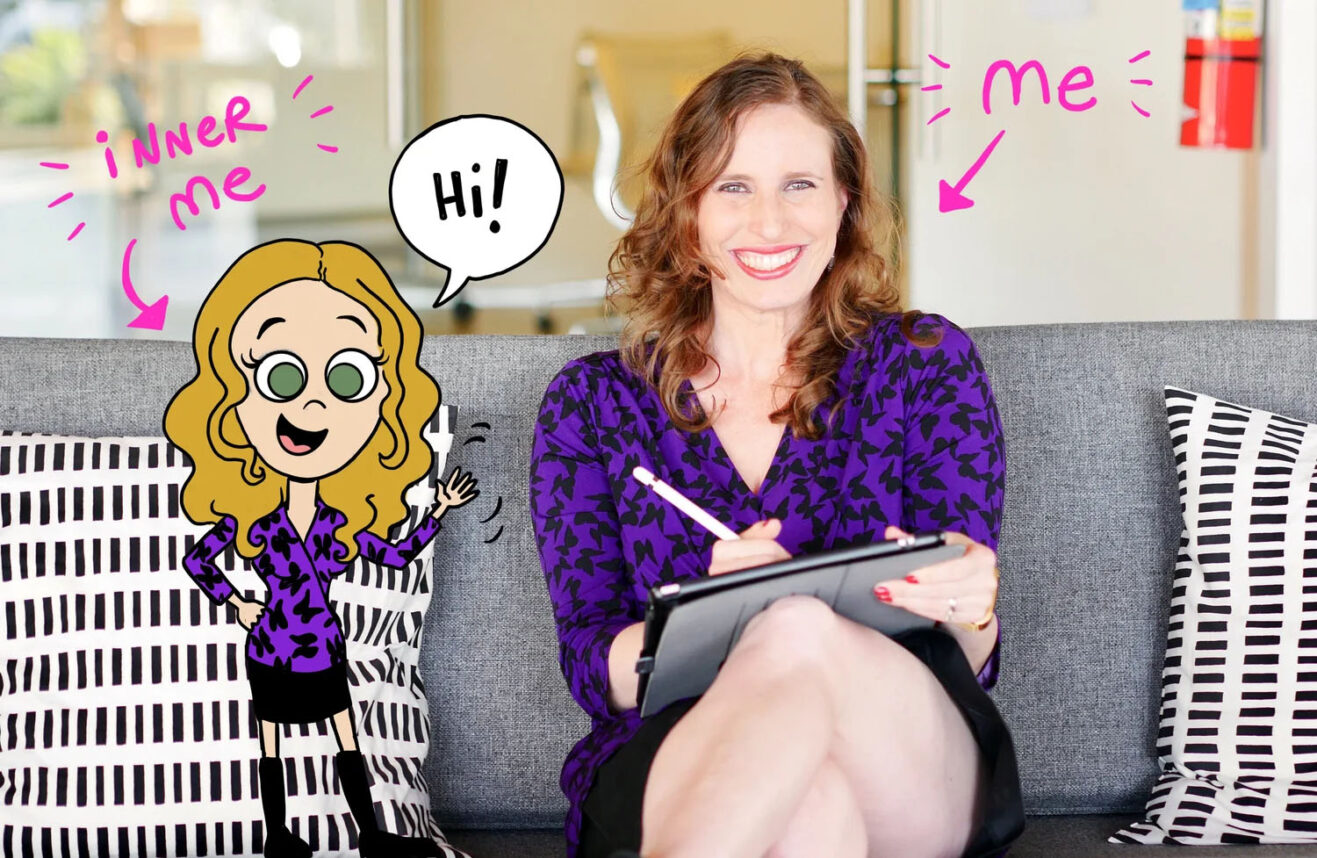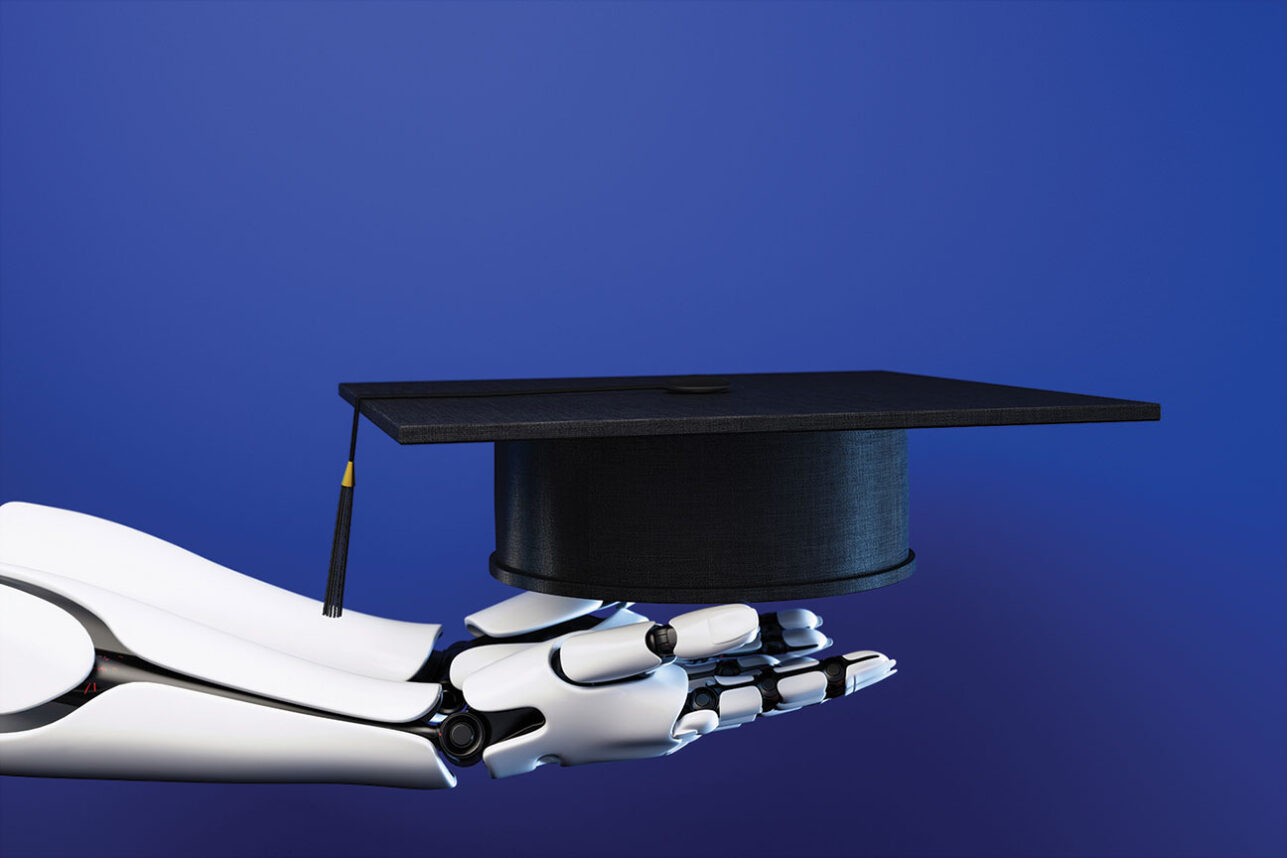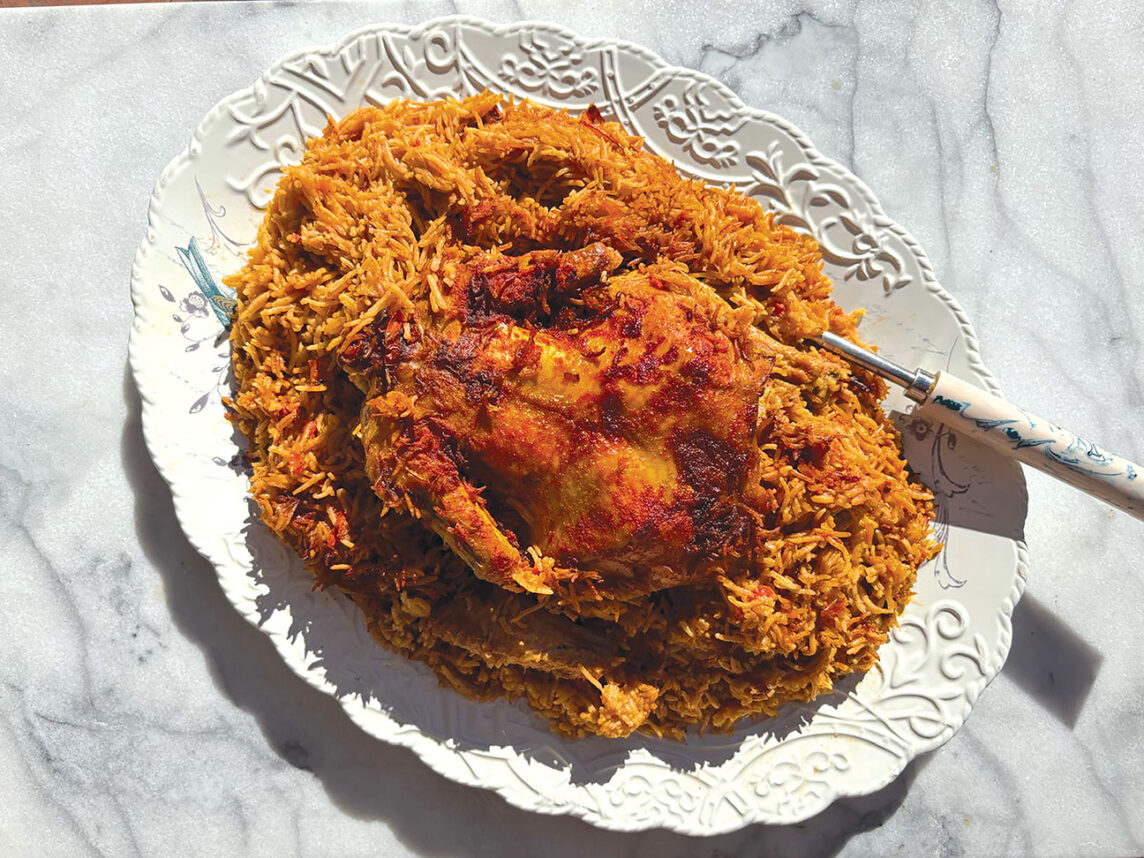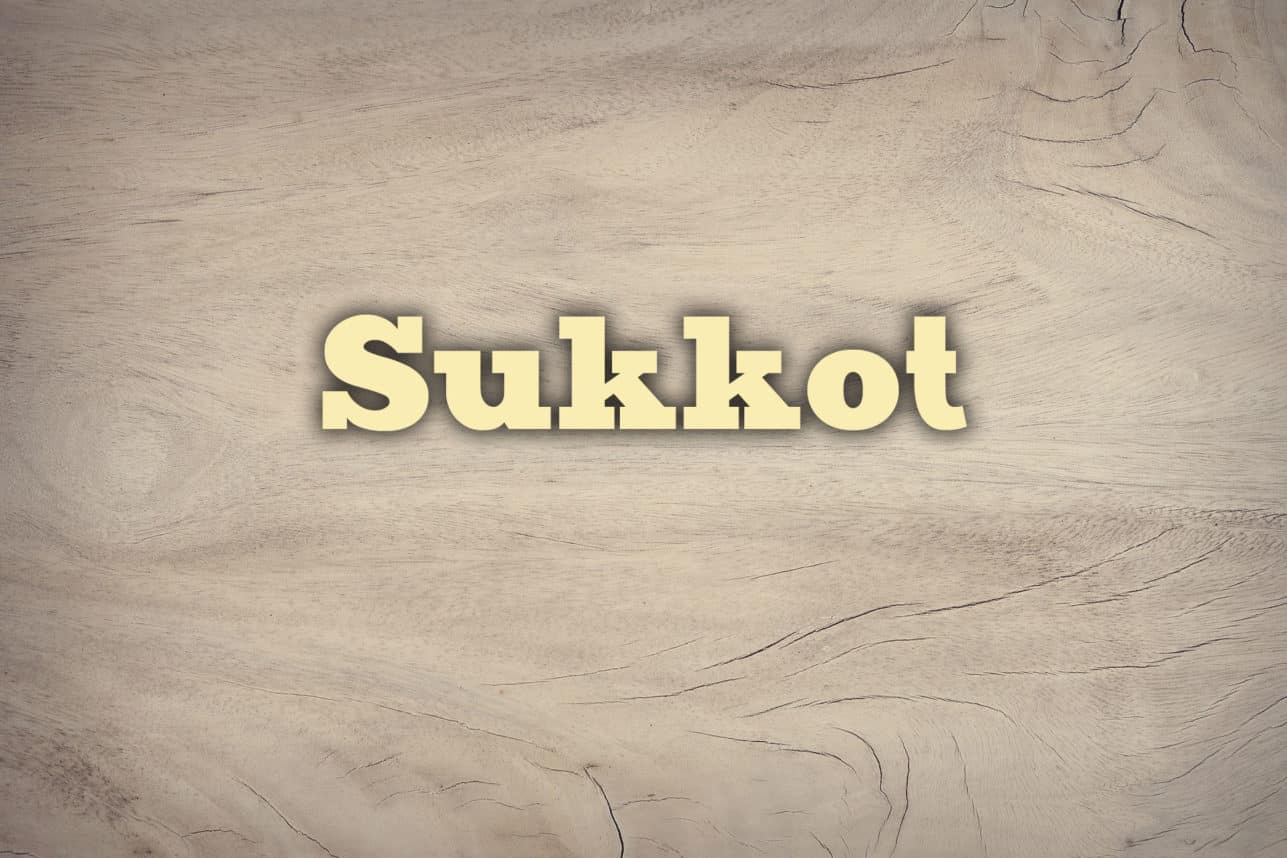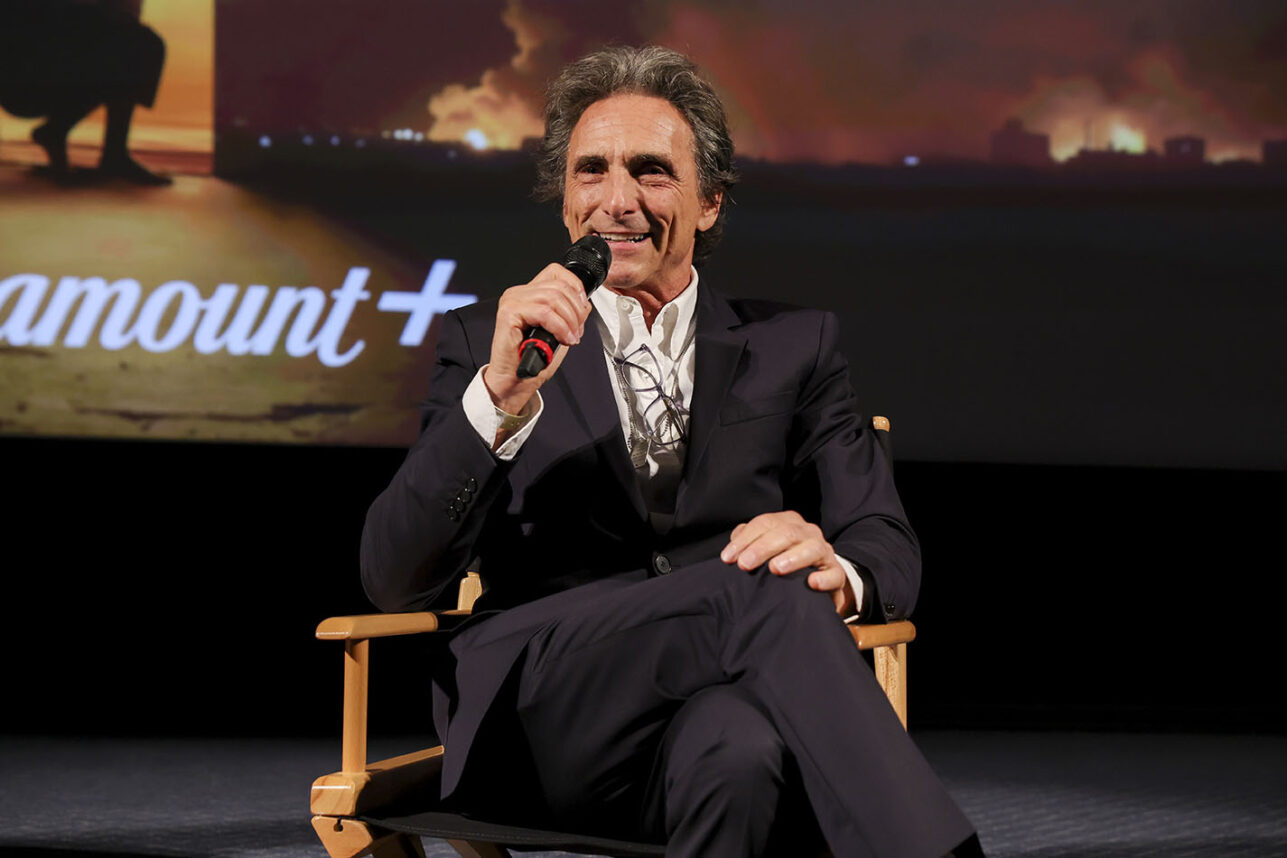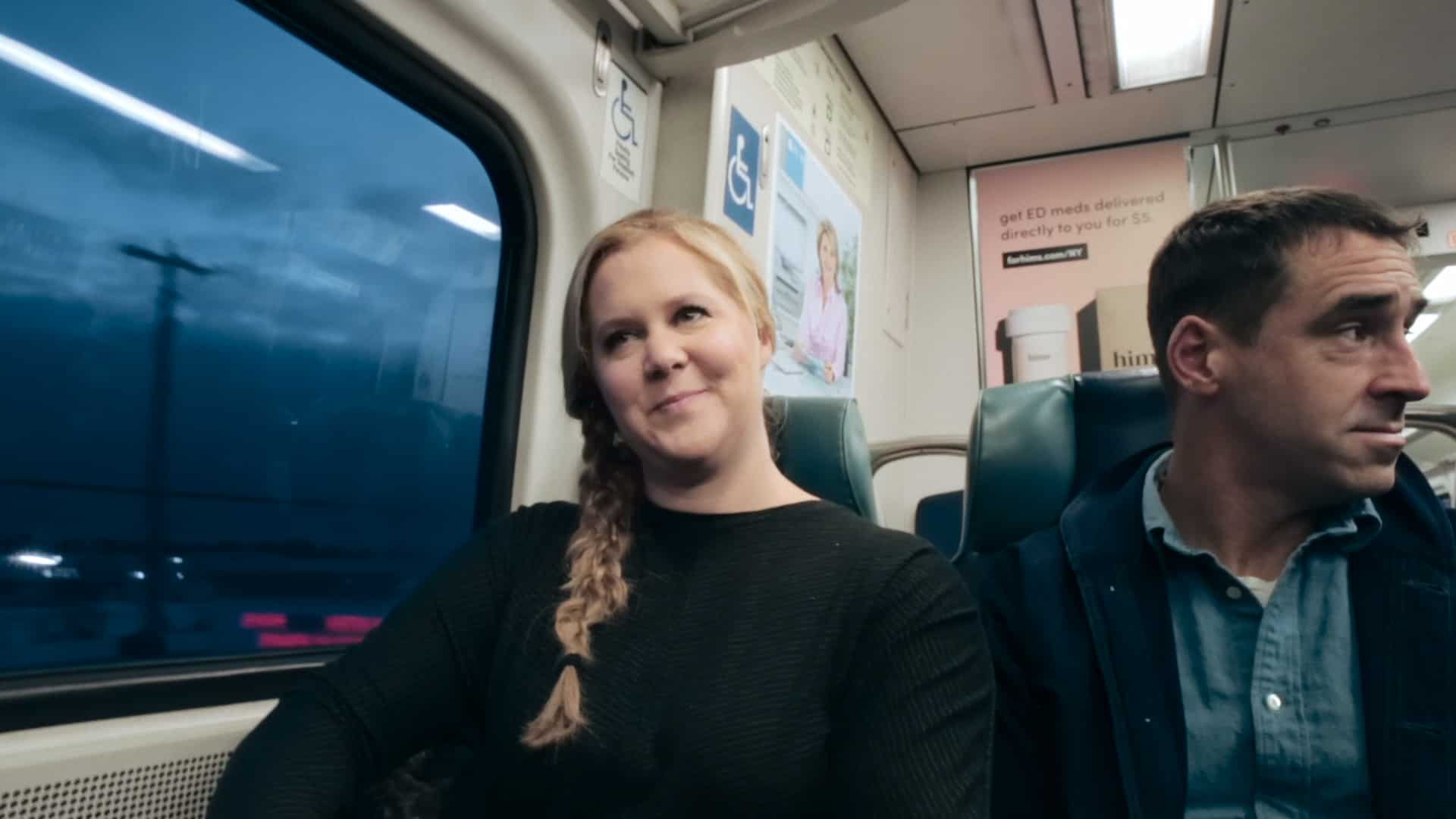
HBO Max premieres “Expecting Amy” on July 9, a three-part documentary about comedian Amy Schumer’s high-stakes special during a high-risk pregnancy. Schumer, who made a name for herself satirizing a promiscuous airhead, has not shied away from motherhood onstage, even though it might clash with her brand. Her most recent stand-up special, “Growing,” featured her extremely pregnant and as vulgar as ever, and left her certified fresh on Rotten Tomatoes. “It proves that even on the precipice of motherhood, she is still the daddy of carnal standup,” raved the British newspaper The Guardian of the performance.
The series peels back Schumer’s self-proclaimed bimbo image and no longer addresses pregnancy through feeling bitter about sharing the moment with Meghan Markle.
“Expecting Amy,” which Variety dubbed “a poignant sort of reclamation project,” is not just a highly anticipated release, but a milestone in a greater comedy trend: Jewish mothers taking space and laughs for themselves. Jewish mothers have always been comedic, but they usually are the butts of jokes. The trope is so ubiquitous that in 2001, it warranted its own documentary: “Mamadrama: The Jewish Mother in Cinema.”
“I have to admit, much to my sadness, that the Jewish mother figure has not had a fair deal and that the overriding portrayals are very negative,” film historian Patrician Erens says in the documentary. “Not too often is she the main character. Quite often, she’s the mother of the main character, who almost invariably turns out to be a male … she’s pretty much the fantasy of the male writers and directors who dominated film production for the past 25 years.”
Erens characterizes the Jewish mother stereotype as manipulating, suffocating and always telling her child what to do. We’ve seen these Jewish mothers in sitcoms and in the sets of male Jewish comedians. If you Google “comedian,” you’ll be bombarded with male Jewish faces: Mel Brooks, Adam Sandler, John Stewart, Billy Crystal, even 1950s legend Lenny Bruce. These men often have used their mothers as fodder for laughs. Woody Allen claimed his mother infected him with neuroses, while Larry David had a storyline on “Curb Your Enthusiasm” where his mother died, and a martyr until the end, refused to let his father bother him with the news.
Jewish mothers are not just revolutionizing comedy but the industry itself, making it more inclusive for all mothers. Schumer laying bare the physical and emotional anguish of working while pregnant will no doubt change the cultural conversation.
“You were in New York, you were having a good time. So we didn’t call,” David’s father explains, very matter of fact, before telling his son he missed the funeral. “The last words she said to me is, ‘If anything happens to me, you don’t bother Larry.’ ”
There’s no denying these jokes are funny. But the dynamic of a neurotic man coping with his Jewish mother’s antics have become like gefilte fish — always on the table, but no one really is rushing to devour it.

Photograph by HBO Max
Fortunately, Jewish moms like Schumer, who were once the material, have become the premier comics of this age, bringing their maternal perspectives into the narrative. Jenny Slate made waves with her abortion comedy “Obvious Child,” while Amy Sherman Palladino (who is childless) made the Jewish mom the new face of comedy in “The Marvelous Mrs. Maisel.” “Crazy Ex-Girlfriend” is played by Jewish mama and Golden Globe winner Rachel Bloom, who composed numerous musical numbers addressing the stereotype. At 74 years old, comedy icon Bette Midler is still going strong, spanking President Donald Trump with her sassy tweets. She also showed off her comedy chops as an overbearing (and clearly Jewish) campaign manager, Hadassah, on the most recent season of “The Politician.”
While the original Jewish mom turned comedian — Joan Rivers — is no longer with us, Fran Drescher arguably reinvigorated her apologetic tastelessness and dragged back into the Hollywood lexicon the original unconventional mom in “The Nanny.” In 2020, she shot back onto the scene in “Indebted” as a down-on-her-luck Jewish mother who needs to be taken in by her children.
And these are just the onscreen Jewish mothers. In the writer’s room, “Grace and Frankie” showrunner Marta Kauffman has three kids and finally has given voice to the hippy, politically rebellious Jewish mom via Lily Tomlin. Nine-time Emmy-nominated executive producer Jenji Kohan — who also has three children — showed us the diversity of Jewish women in “Orange Is the New Black.” In the series, Black Cindy, a teen mom who converted to Judaism while incarcerated and renamed herself Tova, delivers one of the most moving monologues about Judaism on television.
Jewish mothers are not just revolutionizing comedy but the industry itself, making it more inclusive for all mothers. Schumer laying bare the physical and emotional anguish of working while pregnant will no doubt change the cultural conversation, like her previous work on womanhood has.
In addition, the showrunners of Netflix’s “GLOW” — Carly Mensch and Liz Flahive — are transforming television’s male-dominated work culture by making it more accessible to moms. Every day is “take your child to work day” in their writer’s room, where there is a designated playroom for their young children, which is open to all of their staff’s families. Kohan, who also is a producer on the show, has made the resource available for all her writers, as well.
Gone are the days when your Jewish mother was something for male comedians to laugh at. Now, they are out there, changing the landscape of comedy — and that is no joke.
Ariel Sobel is the Journal’s social media editor.

